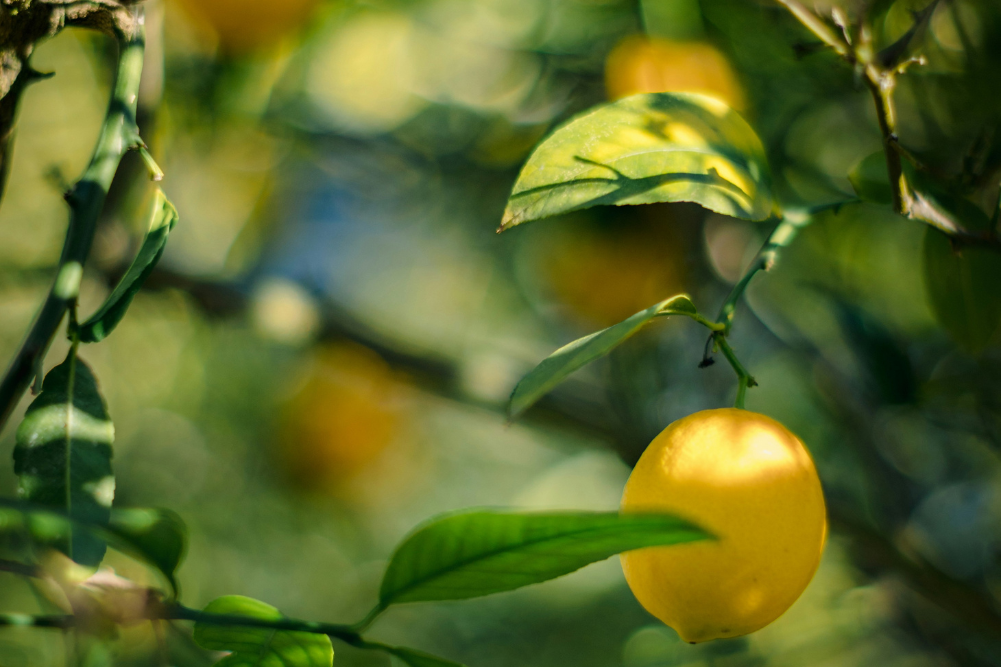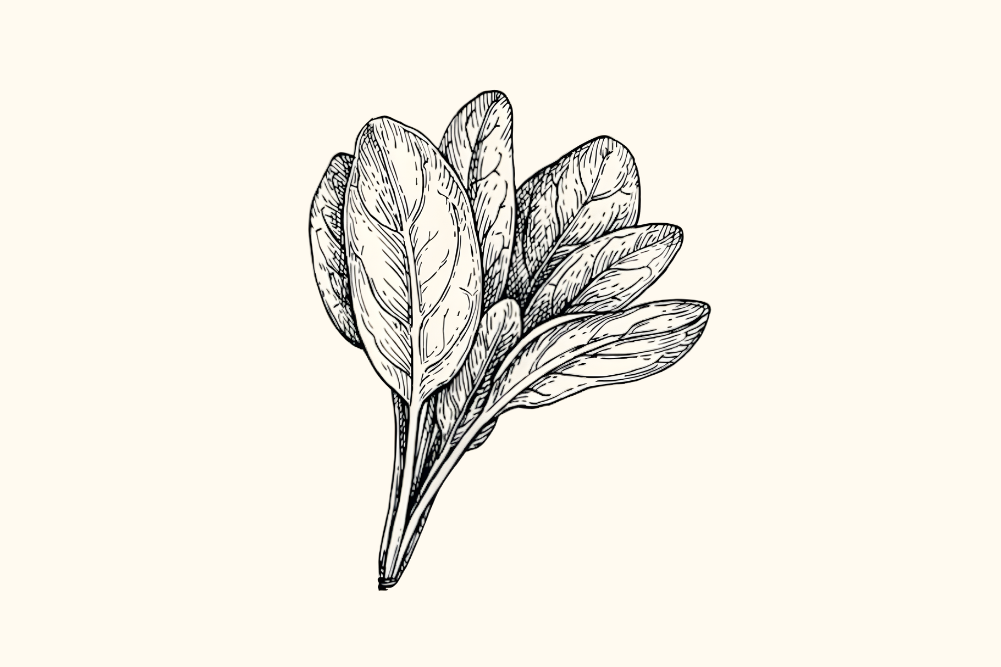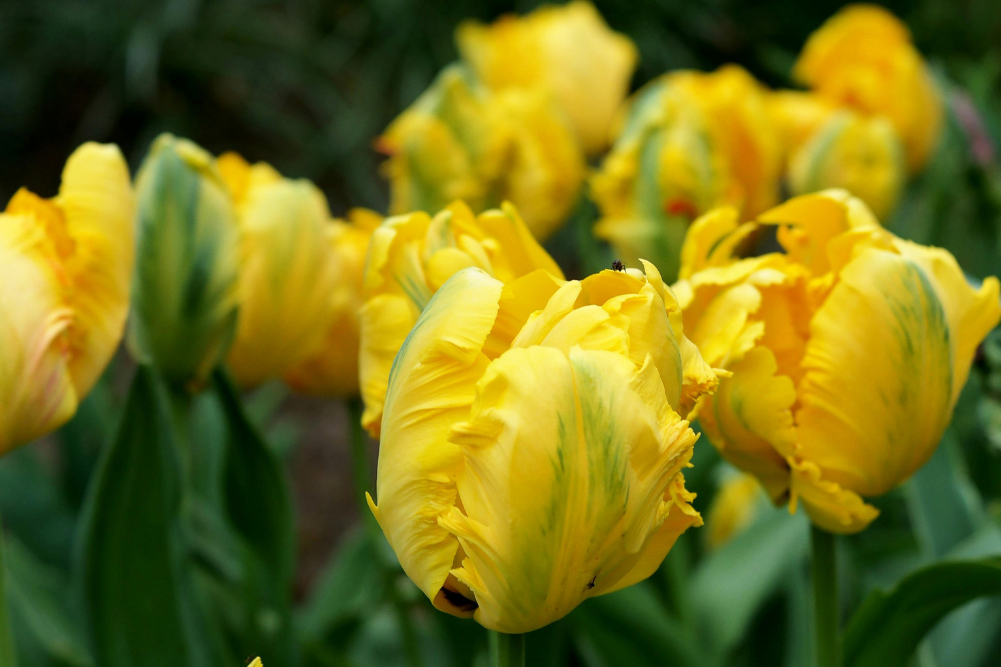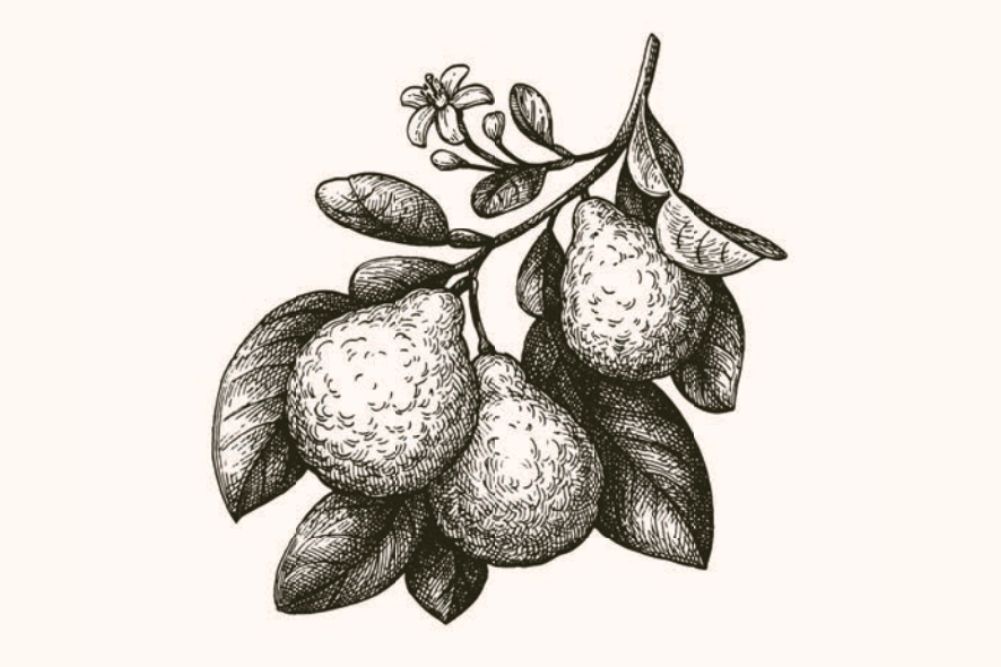Herbal help: herbs that make the world turn bright
On a cold, dismal, grey winter day, you need help. Herbal help. Herbs are the traditional standby for grey times, whether they are actual clouds or metaphorical ones; when there is nothing in the larder but a sack of flour, but then you add herbs and get pizza and much delight.
Calendula
Calendula’s brilliant yellow blooms mean it’s rarely thought of as a herb these days. But, in cooking, those petals give the brilliant yellow of saffron and the slight bite of saffron, too. They are also added to soothing creams, excellent for winter wind chafing. Calendulas need a spot with full sun and no overcrowding or they can become mildewed. But, in the right spot, they brighten the garden as well as the kitchen. Treat them as an annual, planting once a year, though if happy they may survive for several years.
Chilli
If it’s chilly, you need chilli, harvested in summer and autumn and dried for winter. Don’t just keep it for spicy dishes — toss a chilli into almost any food to brighten its flavour. Chilli is used commercially as a flavour enhancer, and it really does work. You need to judge the amount exactly, though: too much and you get dragon’s breath, too little and it’s dull. Add to suit your palate. A pinch is even superb in a warm fruit salad: simmer dried apricots, peaches and prunes with a chilli and a few cloves till the fruit is tender. Remove the chilli and savour.
Rosemary
Rosemary blooms in winter, which is reason enough to grow it, with its bright blue flowers that look especially charming spilling over stone walls or stone or concrete pots. It’s the fragrance of rosemary, though, that really makes you feel warm in winter. Most herbs lose their fragrance in the cold, but rosemary is too vivid to be subdued. It’s very, very hard to kill a rosemary bush — as long as it’s growing in the right place. Rosemary must have full sun and dry feet, and it’s not fond of constant humid days, either.
Apart from that, once you have a bush you have endless delight, with a stunning, delicious herb. Just use with discretion: too much rosemary makes food taste like liniment. Rosemary tolerates drought, frost (except extreme frost), stony soil and clay, but thrives in good, deep, well-drained soil. If rosemary leaves start to fall, the bush may be getting too much water. Rosemary can’t stand wet feet.
If it's chilly, you need chilli, harvested in summer and autumn and dried for winter.
Once a rosemary bush is fully grown it needs little feeding, and too much high nitrogen fertiliser can lead to disease. Never grow rosemary in the shade, either: the leaves may become diseased, the plant may wilt or it will get sooty mould, which will attract woolly aphids.
Winter savory
Winter savory is such a small, insignificant plant that cooks and gardeners overlook it. But where thyme loses its savour in winter, savory gains it, turning sweeter and more flavourful. It looks a little like thyme, small and twiggy, and prefers its own pot where other plants won’t crowd it out.
Winter savory need full sun, very well-drained fertile to sandy soil and plenty of moisture for best growth. Once established, though, it will handle a drought looking quite unconcerned. Like thyme, winter savory should be pruned back every few years, unless you harvest it regularly, to stop it from getting woody and dying back and to encourage new growth. Scatter leaves in pasta or pizza or add a few branches to stews, just as you would use thyme. Pick them out once the stew is cooked, as no one likes munching on twigs.
Garlic chives
Ordinary chives die down in cold weather. Garlic chives just get tenderer in winter and also a little less pungent. They are far tougher than ordinary chives, though, so need to be chopped finely before use. Then use lavishly, wherever you might use either garlic or chives.
I love garlic chives, not just for their leaves but also for their mauve flowers. They make excellent borders for flower or vegie gardens, the rows getting thicker every year till they are eventually thick enough to stop grass encroaching on the garden — couch grass, that is, and other temperately growing grasses. There is nothing short of a volcanic eruption or stainless steel that will stop kikuyu in hot, wet weather.
Plant garlic chives at any time of the year. They’ll tolerate poor soil and drought once established, but will of course grow faster and be more succulent with good feeding, excellent soil and plenty of moisture. Plant about 10cm apart and let multiply, mulching well to stop the weeds, or plant much closer, side by side, and let them multiply outwards instead of sideways.
Ginger
Ginger is possibly a spice not a herb, although the definitions of both are pretty loose. But ginger really does “ginger up” winter. Forget about the powdered stuff, which soon loses not just its zing but subtle overtones, and go for the fresh tubers. In frost-free climates, you can grow ginger outdoors, again in a well-drained, moist and fertile spot. But, if you get frosts, the ginger will rot in the ground. So plant it in a pot and grow in on a sunny patio — or in a window box as long as your frost don’t freeze them — by sowing a ginger tuber, preferably a sprouting one, a few fingers deep.
To be honest, your potted ginger won’t look particularly gorgeous, nor will you get a decent crop, unless you’re in the subtropics or even hotter. But it is a gesture of friendship towards winter: it may be cold with grey skies, but with your ginger, chillies dried from summer, winter savory and rosemary, your life will be warm and your garden generous.








